Introduction
What is Synthetic Intelligence & Why It Matters Now – Technology is evolving faster than ever, and at the heart of this transformation lies Synthetic Intelligence a concept that’s reshaping how we understand intelligence itself.
Unlike traditional AI, which follows pre-programmed algorithms, synthetic intelligence (syntheticAI) can learn, adapt, and evolve independently. This makes it one of the most revolutionary technologies of our time, merging computing, biology, and human-like cognition.
Learn more at 👉 syntheticintelligence.shop.
What is Synthetic Intelligence?
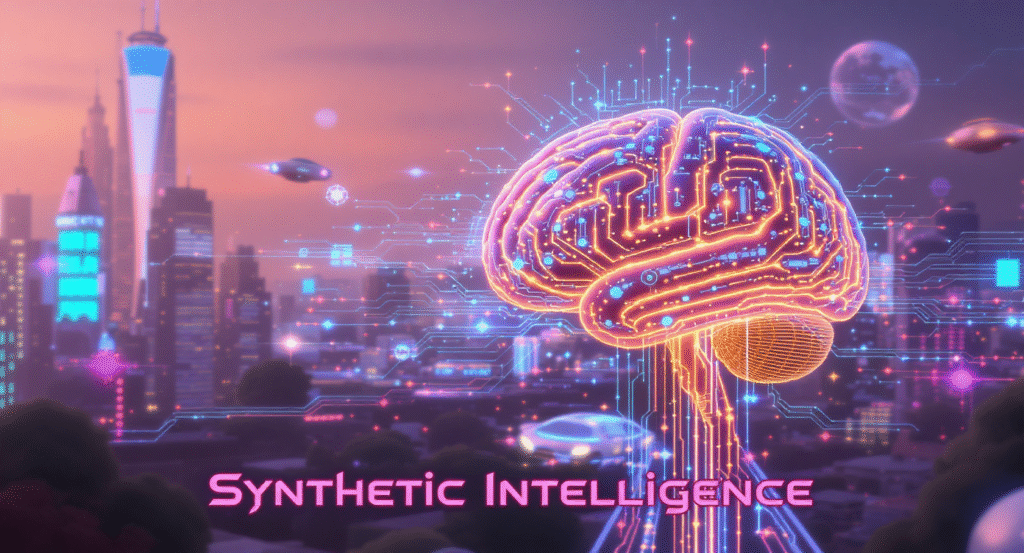
Synthetic intelligence refers to systems designed to create and expand intelligence, not just imitate it.
It integrates three major fields:
- Artificial Intelligence (AI) – Machine learning and neural networks.
- Synthetic Biology – Using biological systems to mimic or extend intelligence.
- Adaptive Computing – Hardware and software that evolve dynamically.
Together, these elements produce syntheticAI machines that can reason, adapt, and even innovate on their own.
Synthetic Intelligence vs. Artificial Intelligence
| Feature | Artificial Intelligence | Synthetic Intelligence |
|---|---|---|
| Learning Style | Pre-trained algorithms | Self-learning & evolving |
| Adaptability | Limited to data | Grows beyond input |
| Composition | Digital only | Digital + biological |
| Goal | Mimic human thinking | Create new forms of intelligence |
SyntheticAI doesn’t just copy human logic it builds its own logic over time.
Why Synthetic Intelligence Matters Now
- Rapid Innovation
- Synthetic systems can innovate independently, accelerating discovery in science, healthcare, and technology.
- Healthcare Revolution
- Through synthetic biological intelligence, AI can work with living cells to repair tissue or fight disease.
- Smarter Automation
- Machines that adapt on their own will redefine industries like manufacturing, logistics, and defense.
- Human Augmentation
- Future humans may enhance memory, decision-making, and creativity using syntheticAI interfaces.
- Global Sustainability
- Synthetic systems could help design eco-friendly materials and renewable energy solutions.
Applications of Synthetic Intelligence
- Medicine: Adaptive treatments that evolve with the patient’s biology.
- Finance: Evolving algorithms that detect new market patterns.
- Education: Personalized, evolving tutors powered by synthetic artificial intelligence.
- Environment: Systems that predict and counter ecological challenges.
- Space: Smart exploration bots using synthetic biological intelligence to survive extreme conditions.
Ethical and Social Considerations
As with any transformative technology, synthetic intelligence brings risks:
- Autonomy and control – How do we ensure humans remain in charge?
- Privacy – Bio-data protection in synthetic biological intelligence.
- Inequality – Access to enhancements and knowledge.
Building transparent and ethical frameworks will be key to safe growth.
The Future of Synthetic Intelligence
By 2030, syntheticAI may become as common as traditional AI tools are today. We’ll see it in homes, hospitals, and businesses—co-evolving alongside humanity.
It’s not just about smarter machines; it’s about a new partnership between humans and evolving intelligence.
🧠 Frequently Asked Questions (FAQ)
1. What is Synthetic Intelligence?
Synthetic Intelligence is an advanced form of AI that combines artificial intelligence with biological and adaptive computing principles. It enables machines to learn, evolve, and innovate independently beyond programmed behavior.
2. How is Synthetic Intelligence different from Artificial Intelligence?
Unlike traditional AI, which depends on fixed algorithms, syntheticAI can evolve its own logic and adapt to new environments. It merges digital and biological intelligence, creating systems that can truly self-improve.
3. What are some real-world applications of Synthetic Intelligence?
Synthetic intelligence is used in medicine, robotics, education, finance, and environmental modeling. For example, synthetic biological intelligence helps design adaptive treatments for diseases.
4. Is Synthetic Intelligence safe?
When guided by ethical frameworks, synthetic artificial intelligence is safe and beneficial. However, developers must ensure transparency, data protection, and control mechanisms to prevent misuse or unintended behavior.
5. What is the future of Synthetic Intelligence?
The future of syntheticAI lies in creating self-evolving systems that collaborate with humans. By 2030, it will transform industries, healthcare, and daily life through continuous learning and bio-digital innovation.
Conclusion
Synthetic intelligence represents a new dawn in technological evolution. By combining syntheticAI, synthetic biological intelligence, and synthetic artificial intelligence, we’re building systems that learn, grow, and think with us.
The question is no longer “What can machines do?” but “What can we achieve together?”
Stay informed at 👉 syntheticintelligence.shop.






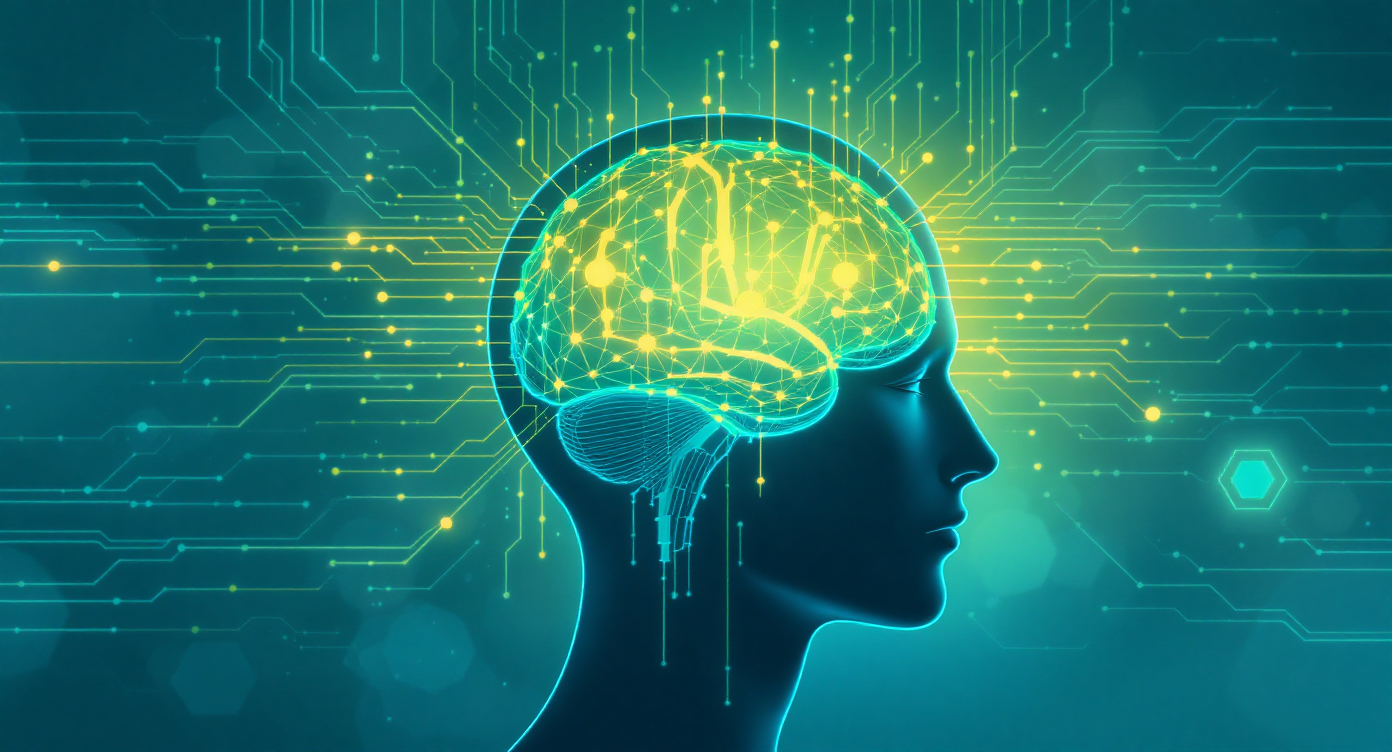
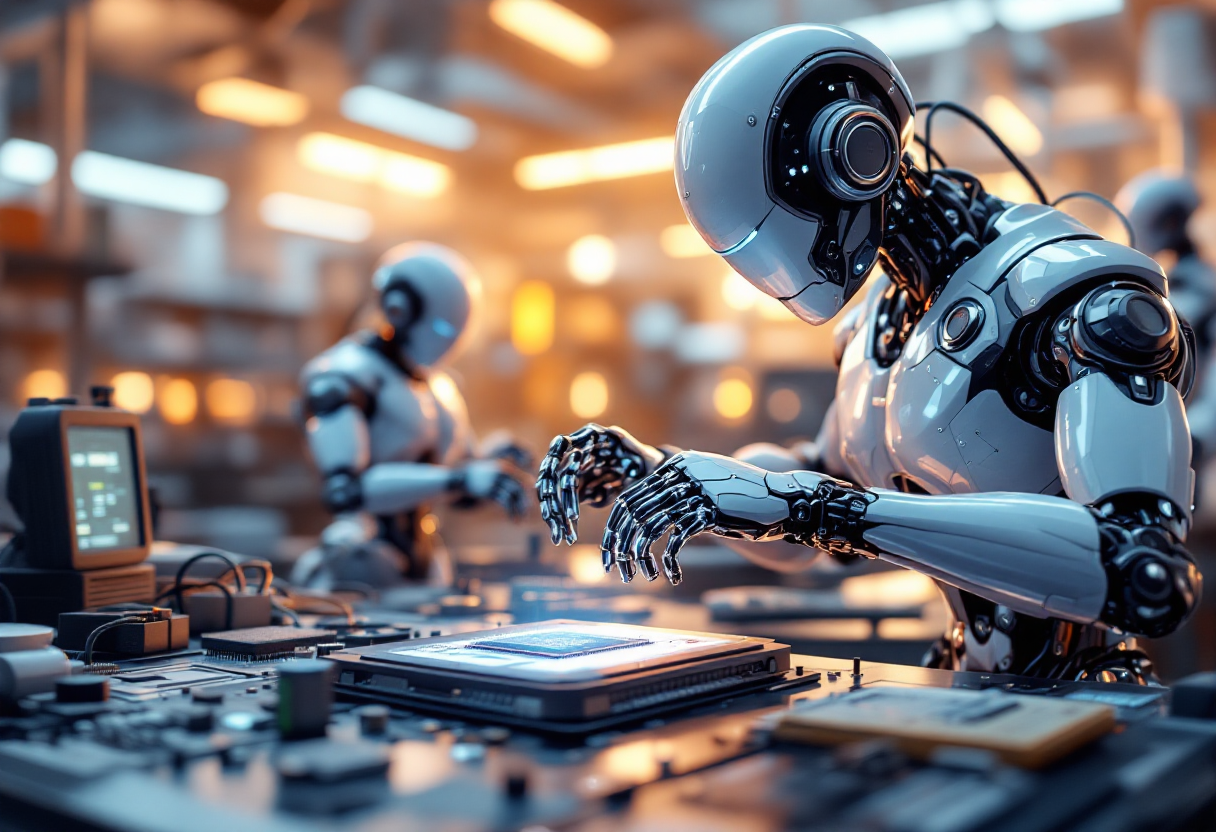
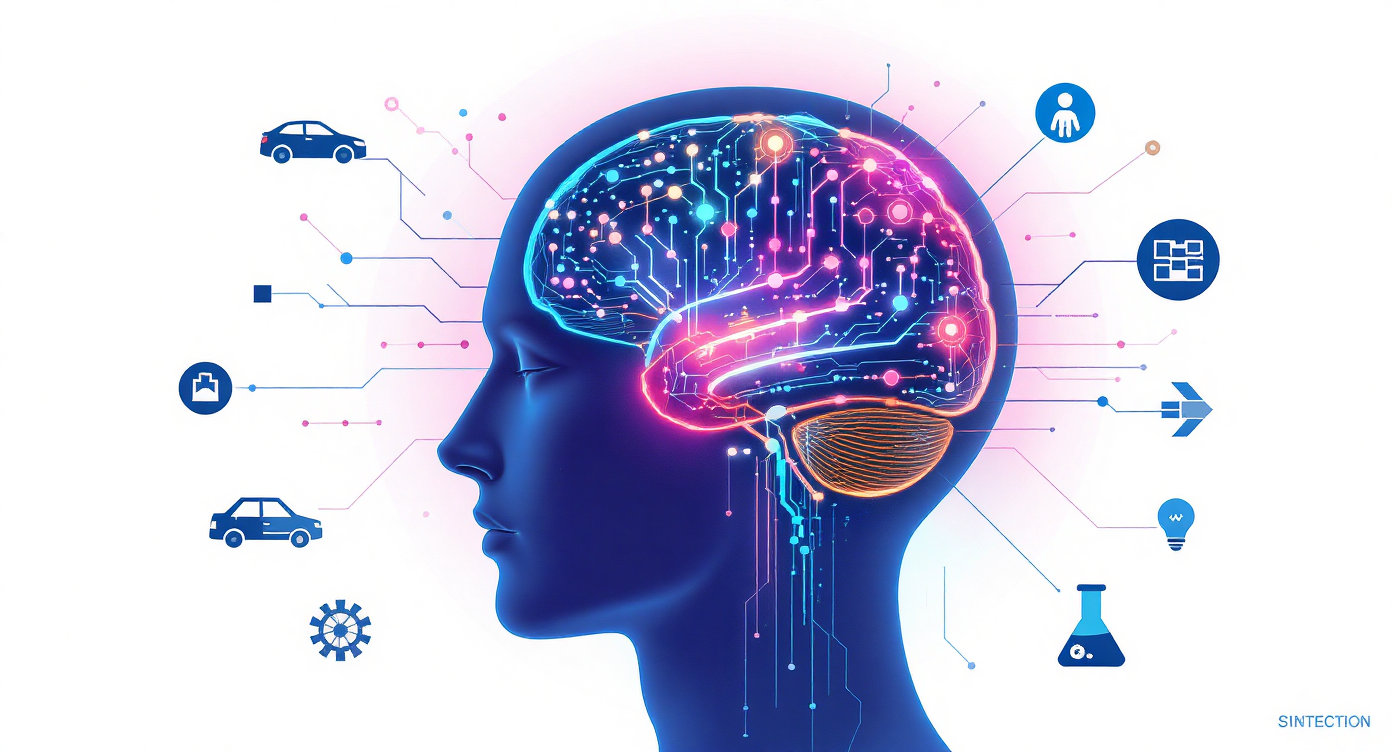
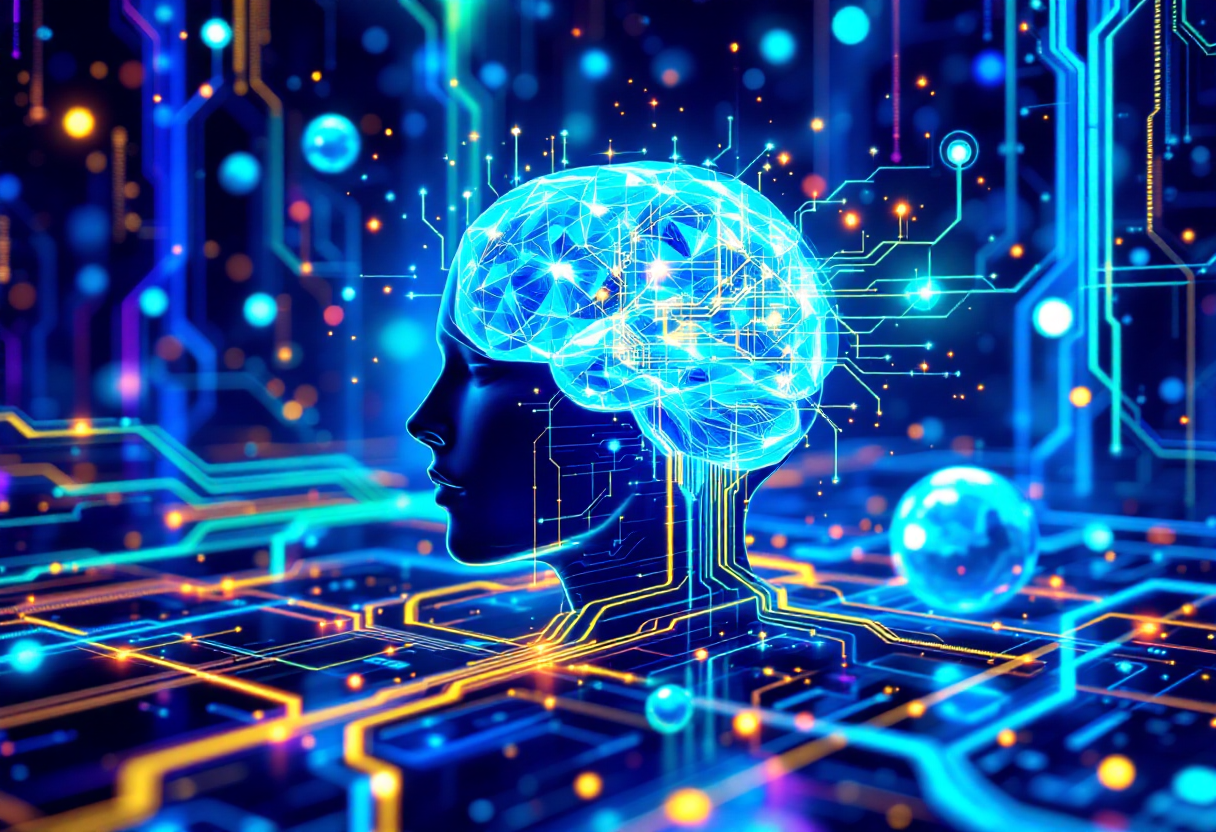
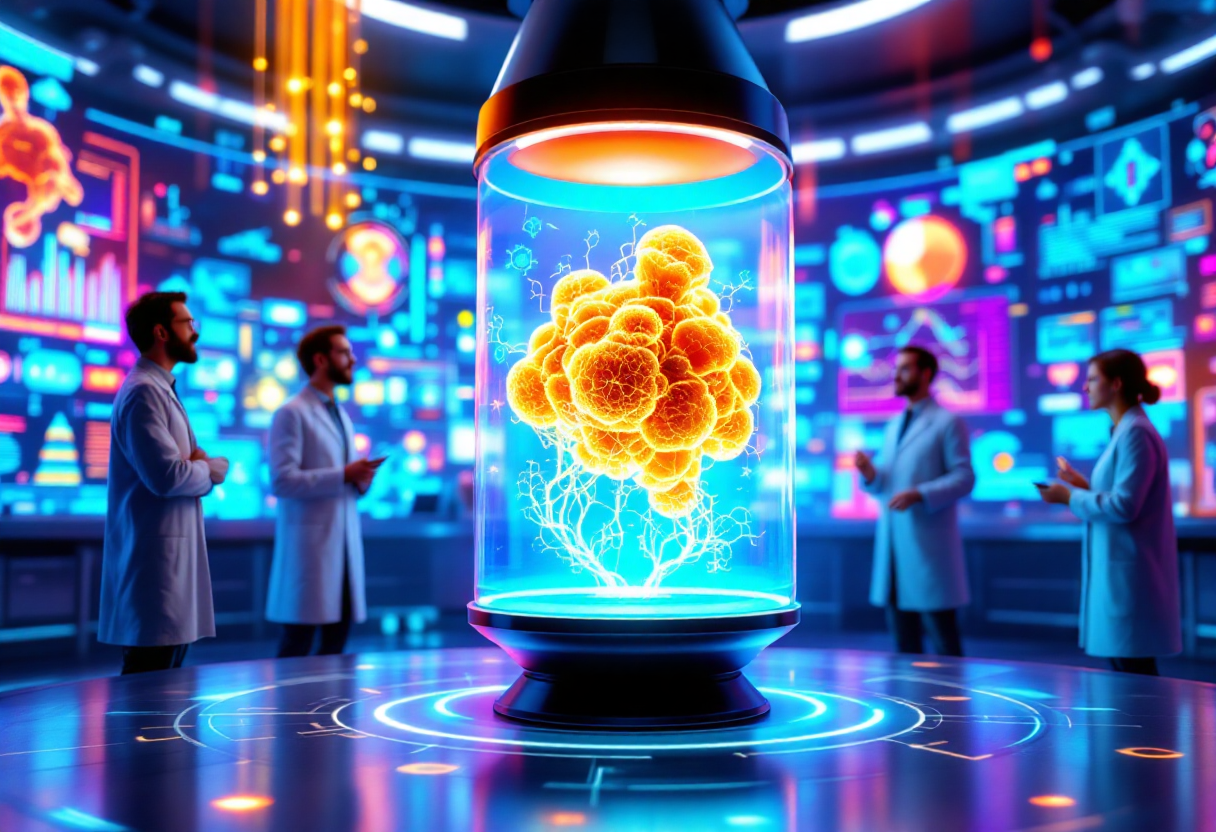
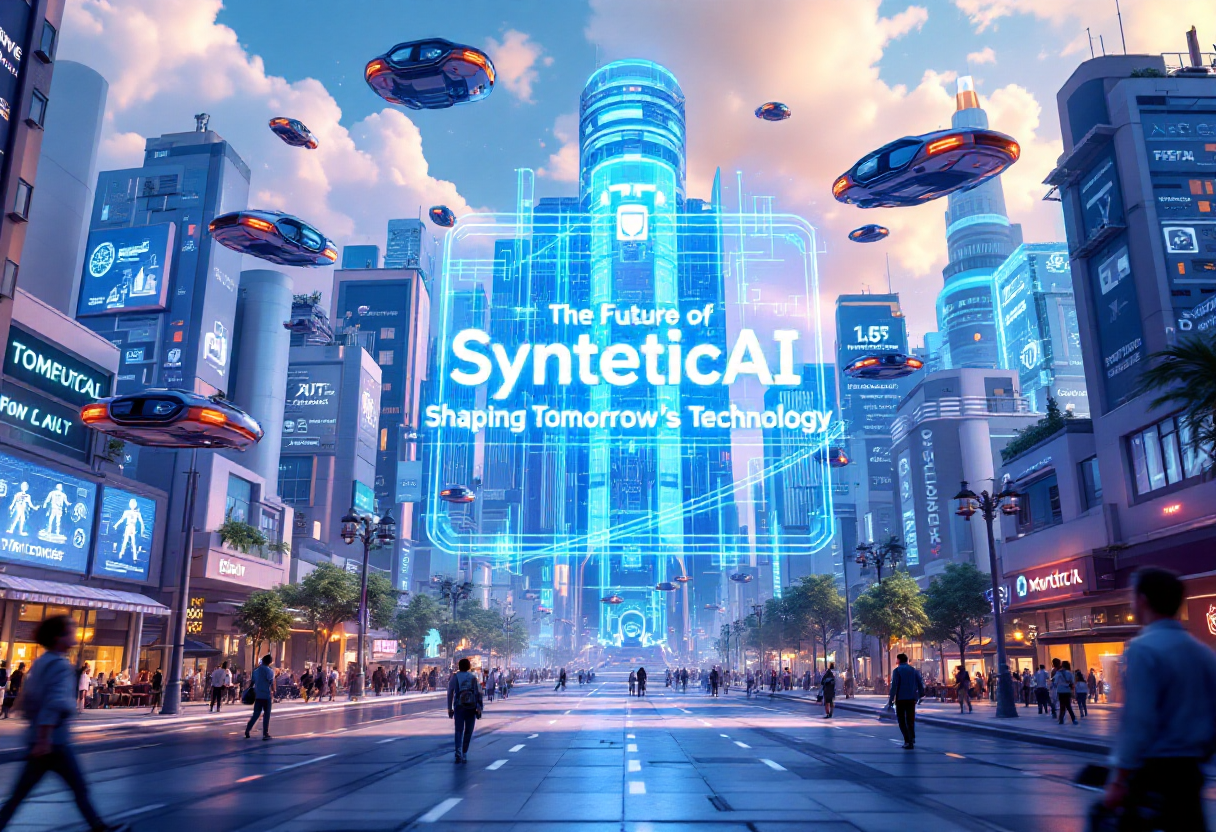
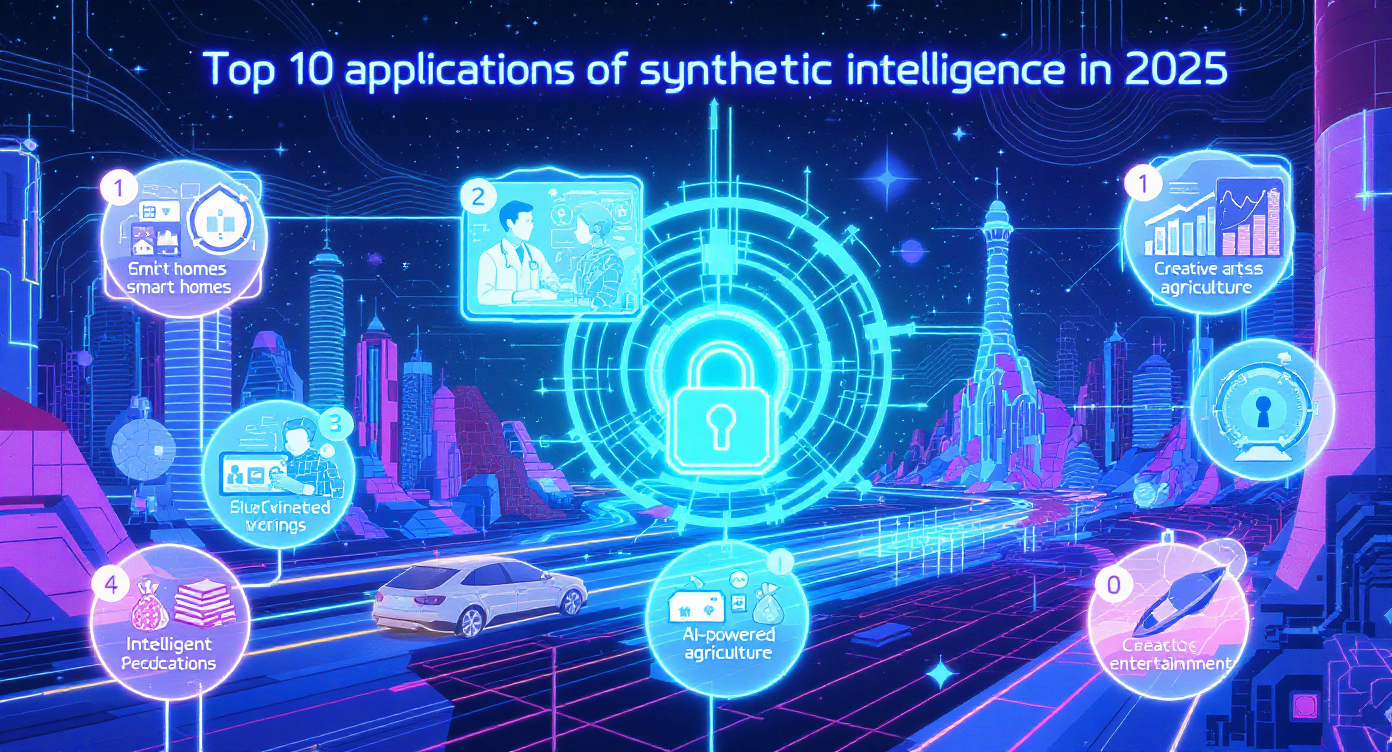
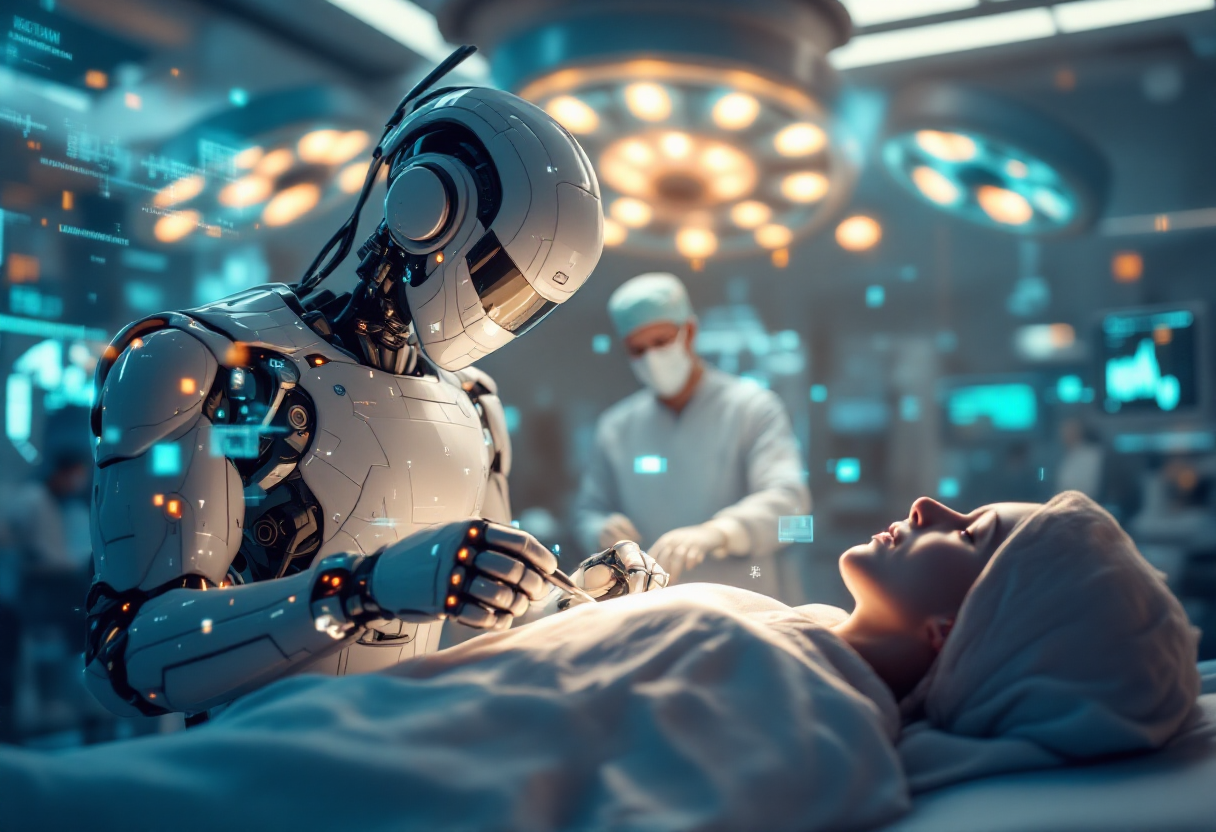
Leave a Reply